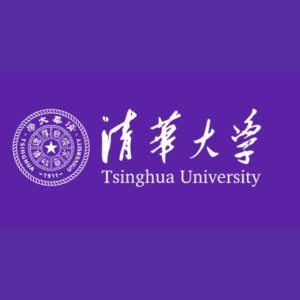 In this video from CGTN, China’s Tsinghua University takes the Student Cluster Competition at the SC18 conference in Dallas. The win was the final step in a Triple Crown for the team, as they won similar competitions in Asia and Germany earlier this year.
In this video from CGTN, China’s Tsinghua University takes the Student Cluster Competition at the SC18 conference in Dallas. The win was the final step in a Triple Crown for the team, as they won similar competitions in Asia and Germany earlier this year.
The Student Cluster Competition was developed in 2007 to provide an immersive high performance computing experience to undergraduate and high school students. With sponsorship from hardware and software vendor partners, student teams design and build small clusters, learn designated scientific applications, apply optimization techniques for their chosen architectures, and compete in a non-stop, 48-hour challenge at the SC conference to complete a real-world scientific workload, showing off their HPC knowledge for conference attendees and judges.
 Teams are composed of six students, at least one advisor, and vendor partners. The advisor provides guidance and recommendations, the vendor provides the resources (hardware and software) and the students provide the skill and enthusiasm. Students work with their advisors to craft a proposal that describes the team, the suggested hardware, and their approach to the competition. The SCC committee reviews each proposal and provides comments for all submissions received before the deadline.
Teams are composed of six students, at least one advisor, and vendor partners. The advisor provides guidance and recommendations, the vendor provides the resources (hardware and software) and the students provide the skill and enthusiasm. Students work with their advisors to craft a proposal that describes the team, the suggested hardware, and their approach to the competition. The SCC committee reviews each proposal and provides comments for all submissions received before the deadline.
Established in 1988, the annual SC conference continues to grow steadily in size and impact each year. Approximately 5,000 people participate in the technical program, with about 11,000 people overall. SC has built a diverse community of participants including researchers, scientists, application developers, computing center staff and management, computing industry staff, agency program managers, journalists, and congressional staffers. This diversity is one of the conference’s main strengths, making it a yearly “must attend” forum for stakeholders throughout the technical computing community.
SC19 will take place Nov. 17-22, 2019 in Denver.



